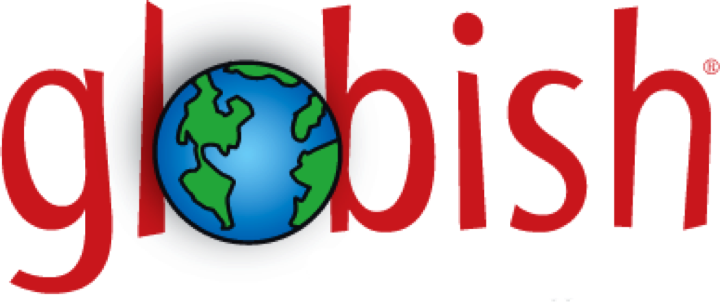Globish Overview
Globish Overview
- Details
- Created: Saturday, 09 August 2008 17:49
- Last Updated: Thursday, 24 November 2011 13:11
- Written by Administrator
- Hits: 11284
(in Globish)
“Globish” is a set of English words and ways of using them first defined by Jean-Paul Nerrière as documented by the Globish Foundation. It may include extra words as International and Special words. Globish includes good ways of communicating that makes understanding easier for people who are not first-language English speakers. Globish does not involve any invented words or ways of using them.
Currently, ‘English’ is growing as a ‘global’ language but it is not clear which ‘English’ this is, who 'owns' English, or what to learn or use if one wants to use a global language. 95% of communication in 'English' involves people who are not native English speakers.
Globish is being supported as a universal way to communicate. It is useful in all continents of the world and differs from English only in being just an agreed part of English, with helpful ways of communicating. This makes it easy to learn. Its limits are why it is so good:
- Globish has only 1500 words (1500 is a known number for every day, general communication);
- the words are known to everyone so people can use Globish words and then add others by agreement, defining them in Globish);
- good ways of communicating are identified so everyone knows 'how' to communicate (such as watching a listener to see if they are understanding);
- Globish makes the speaker/writer responsible for understanding (not the listener/reader);
- Globish expects the listener/reader to indicate any problems they are having (they are not responsible for their lack of understanding);
- Globish does not include difficult ways of using English (so it is easier to understand, learn and use);
- Globish does not include local examples, local ways of speaking, or anything like this (so understanding is more broadly available);
- Globish uses positive statements and short sentences (so it is easy to understand in other languages);
- Globosh allows for different ways of speaking and spelling English words (Australian spelling is not the same as Thai spelling);
- having learned Globish, a person can 'grow' their communication skills to speak and write English, if required;
- with computers, teachers who are not native speakers of English can teach others to communicate in Globish;
- with computers, people can learn Globish without a teacher;
- English-speaking people who have problems with English communication can use Globish to communicate;
- Globish is better for people who might have different abilities and be disabled.
Globish is not called English because it is not the whole of the language used in England or America, or even the whole language of any people who are native-speakers of English. Most Globish communicators are not native English-speakers. Globish is not a language: it is an agreed small part of an ever changing and growing language called English.



